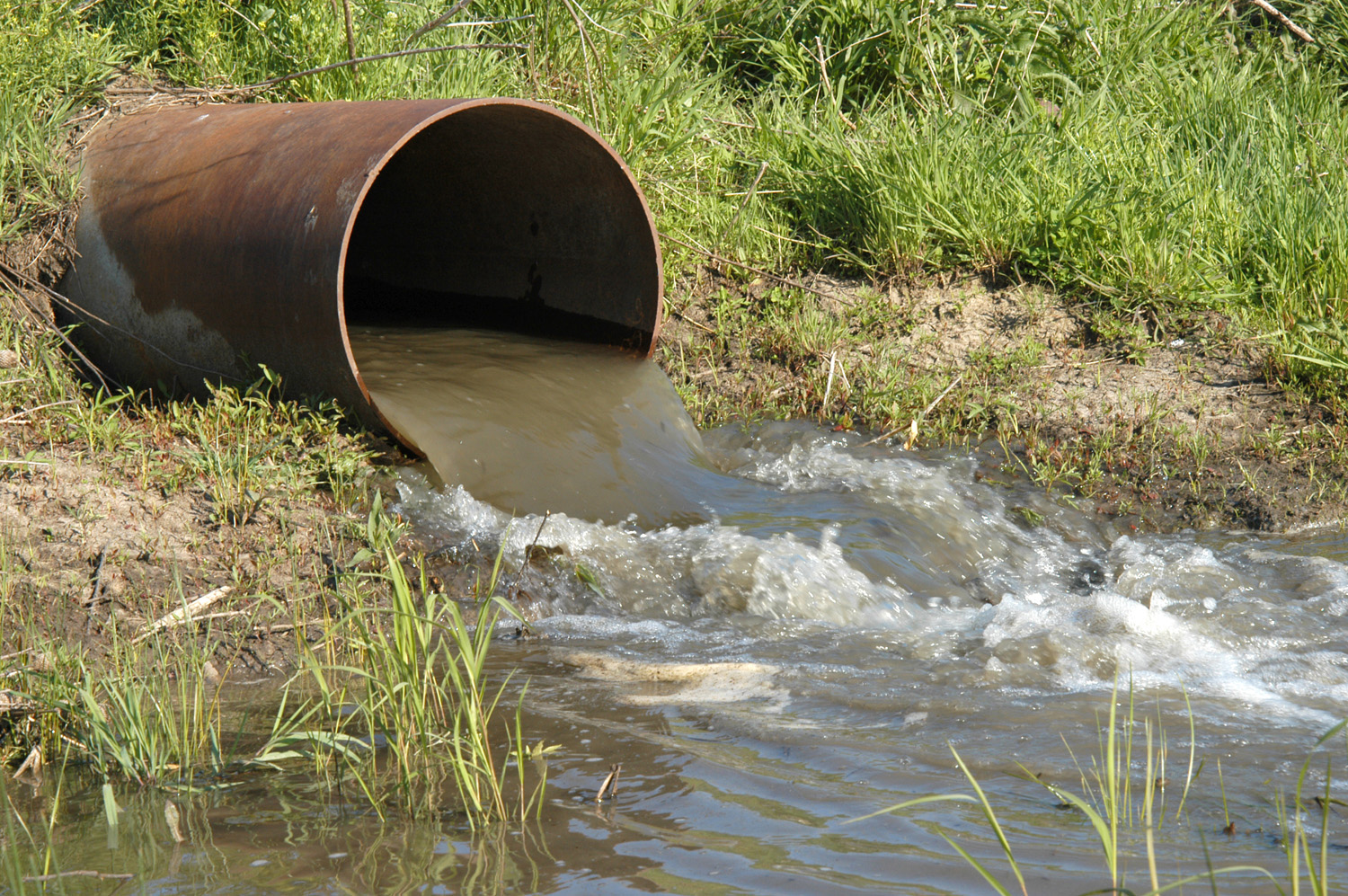Is Stormwater Important?
Before working with StormwaterGO I would have said no. When it goes down the drain it’s out of sight and out of mind. Recent exposure and training however have since changed my mind.
A recent article published by the EPA discusses the various effects of nutrient pollution caused by stormwater. The author highlights three specific ways that we are affected:
Economic costs:
Stormwater economically affects cities in several different ways. Cities that get their water from impaired water run the risk of Nitrate contaminated drinking water. Nitrate in addition to algal blooms drastically increases water treatment costs. Nitrate removal systems in Minnesota jumped prices from 5-10 cents per 1000 gallons in water filtration to $4.

In addition to water treatment costs, nutrient-impaired waters cost billions of dollars to clean. These fees are compounded with a lack of revenue usually earned by cities through tourism and any commercial fishing. Since fish can’t survive in algal blooms and because tourists don’t like watching algae blooms revenue diminishes while clean-up costs skyrocket. These losses don’t even factor in the diminished value of waterfront property.
Environmental Costs:

Nutrient pollution has an incredibly negative effect on the environment. Algal blooms create toxins that are consumed by fish. Because these fish are consumed by other animals, the toxins move up the food chain and infect habitats that would normally not be exposed.
Nutrient pollution also causes aquatic dead zones where aquatic life cannot survive. There have been over 166 dead zones documented nationwide. The largest dead zone, found in the Gulf of Mexico, is nearly 5,840 square miles. That’s 3.7 million acres of dead water where nothing can grow.
Other environmental problems include acid rain and air pollution.
Human Health Costs:

We use water for lots of things, one of them being recreation. Swimming, boating, and fishing are some of our favorite vacation excursions. Waters impaired with nutrient pollution can cause a plethora of diseases and ailments. Those who ingest or are exposed to impaired water can get rashes, stomach or liver illness, respiratory problems, and neurological effects.
Even for those of us who don’t swim nutrient pollution is still getting into our drinking water. Nitrate, a compound often found in fertilizer, contaminates drinking water in agricultural areas.
Algae blooms react with disinfectants in treatment plants to create harmful chemicals called dioxins. These dioxins have been known to cause reproductive problems, developmental health risks, and cancer.
So next time someone tries to tell you that stormwater isn’t all that important, you now know better.

